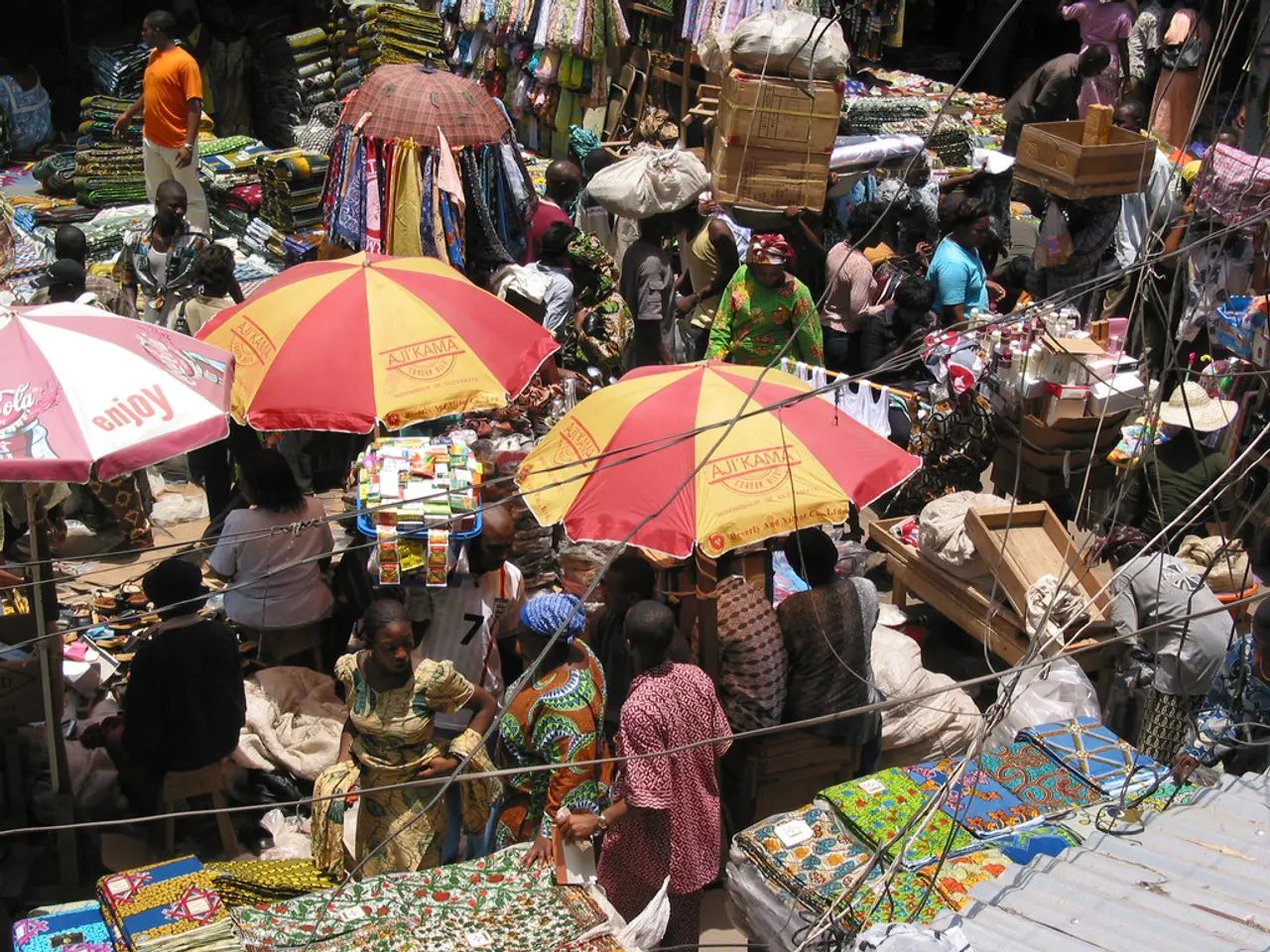India plans to implement a metals trading regulation system through mineral exchanges.
India Establishes National Minerals Exchange to Boost Mineral Sector
The Indian government has taken a significant step towards modernizing its mineral trading sector with the passage of the Mines and Minerals (Development and Regulation) Amendment Bill, 2025. The bill, which was passed by both houses of the Indian Parliament on August 19, 2025, aims to introduce reforms that will bring transparency, efficiency, and investment to the Indian mineral market.
One of the key reforms is the establishment of a National Minerals Exchange, modeled on established global exchanges like the London Metal Exchange. This new authority will be responsible for registering and regulating mineral exchanges, with the aim of breaking India's reliance on foreign benchmarks and opaque pricing mechanisms. The exchange will operate under rules framed by the central government, and it will regulate the trading of various minerals and metals.
The National Minerals Exchange will also implement measures to prevent insider trading and market manipulation, ensuring a fair and transparent trading environment. Leaseholders will be able to apply to include additional minerals, such as critical and strategic ones like lithium, graphite, nickel, cobalt, gold, and silver, under existing leases without paying extra amounts. For other minerals, payment terms will apply based on royalties or auction premiums.
The National Minerals Exchange is not the only initiative being introduced by the Indian government. A government-appointed panel also proposed setting up India's first iron ore exchange. The proposed iron ore exchange is intended to determine the domestic scale price of iron ore, providing greater price certainty for the industry.
These initiatives are part of a broader effort by the Indian government to encourage investment, exploration, and efficient trading practices in the mineral sector. The bill also strengthens and renames the National Mineral Exploration Trust (NMET) to the National Mineral Exploration and Development Trust (NMEDT), extending its scope to offshore, international exploration, and mine development. Contributions by leaseholders to the trust are increased from 2% to 3% of royalties to fund sustained exploration efforts.
The bill also seeks to enhance India's self-reliance and position in global supply chains by focusing on critical minerals important for energy security and strategic industries. This is backed by a significant budget under the National Critical Mineral Mission. Overall, the bill establishes a more transparent, market-oriented framework for India's minerals sector, with a particular emphasis on critical minerals crucial for future technologies.
The National Minerals Exchange and the proposed iron ore exchange are intended to facilitate trading in various minerals and metals, providing a much-needed boost to India's mineral sector. The regulations for these exchanges will be framed by the central government of India, ensuring a consistent and fair trading environment. With these reforms, India is poised to become a major player in the global mineral trading market.
[References] 1. The Hindu 2. Business Standard 3. Livemint 4. Financial Express 5. Indian Express
Read also:
- Weekly updates from the German federal parliament, Bundestag
- Why Opt for Renewable Energy: 5 Key Advantages
- Carpool lane residency: Apologies to electric vehicle drivers, it's about time for genuine carpools to claim the carpool lane privilege
- Trump boosts tariffs on India due to escalating Russian oil imports







